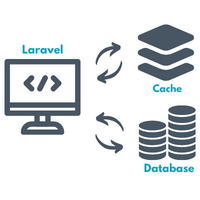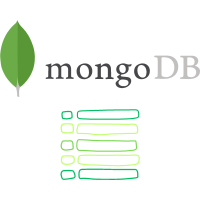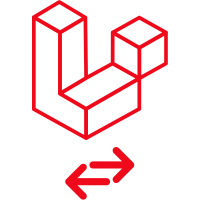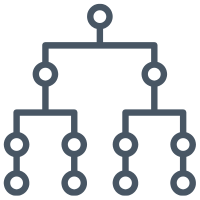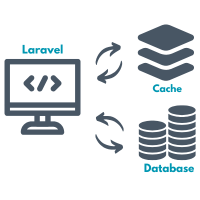Criteria: PHP package for managing Criteria Pattern

The Criteria Pattern stands as a powerful tool, often hidden in the shadows of more commonly discussed design patterns. This pattern empowers developers to implement dynamic and customizable queries in their applications, enhancing flexibility and maintainability To facilitate this process, Criteria package provides the shared domain logic that contains abstract criteria implementation that each specific criteria should extend from.
